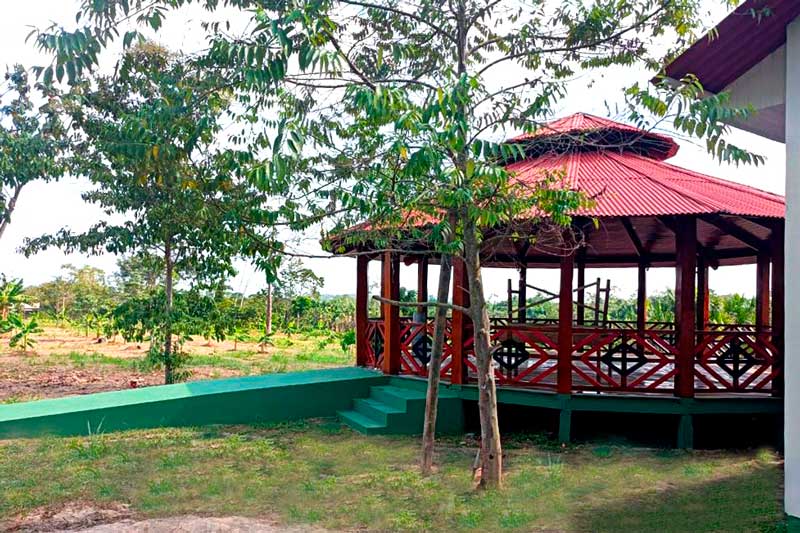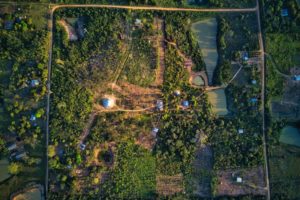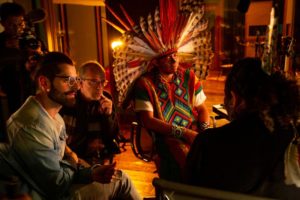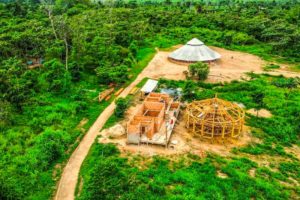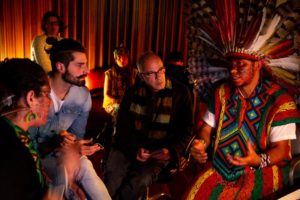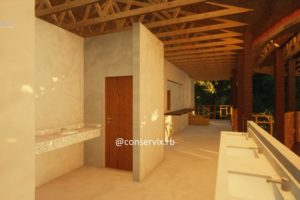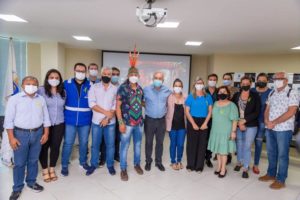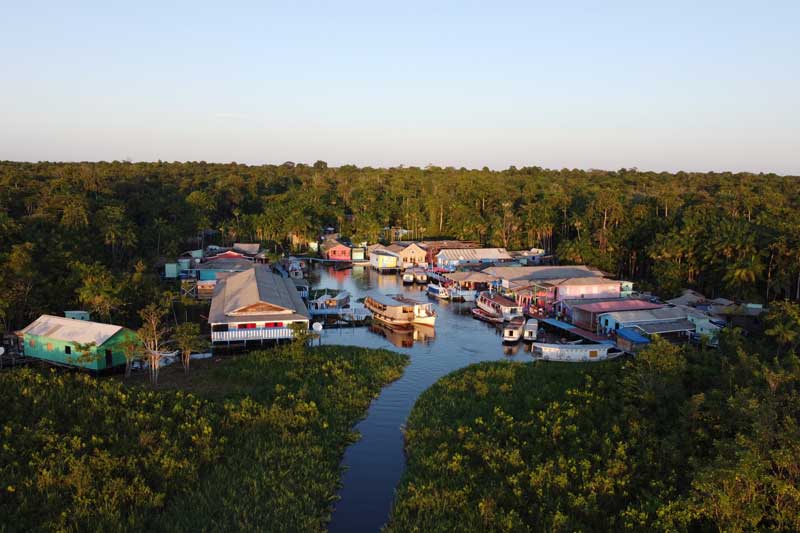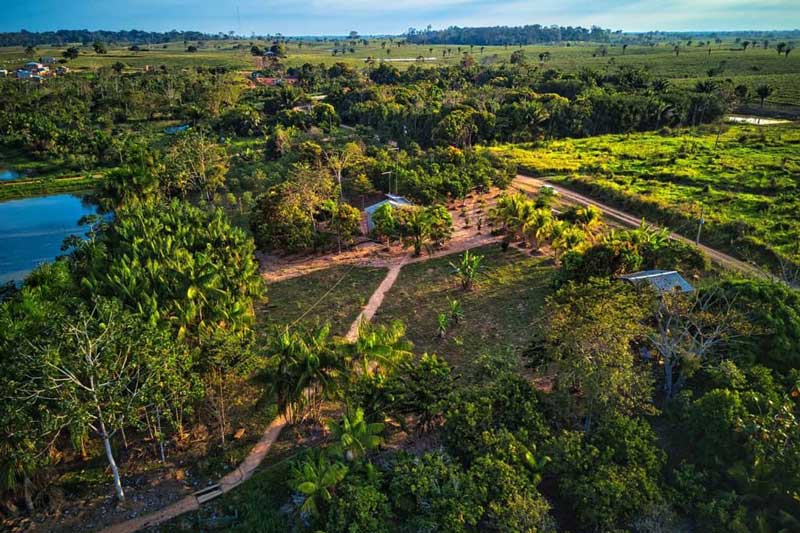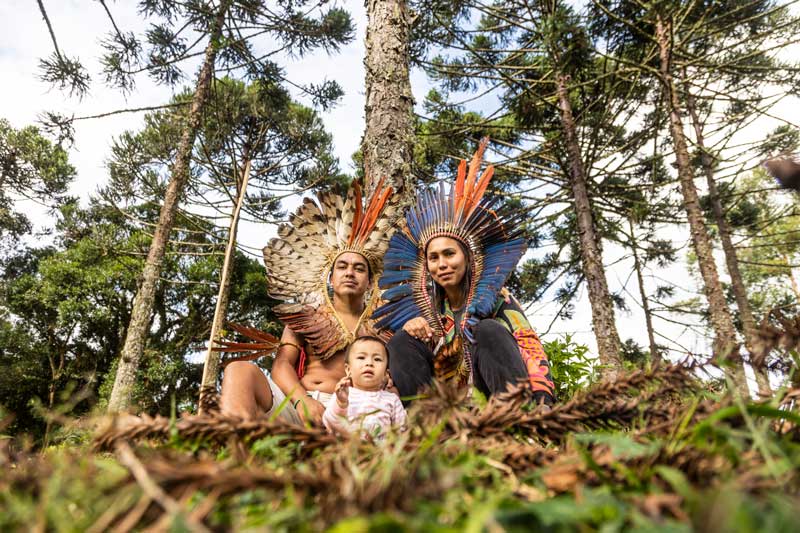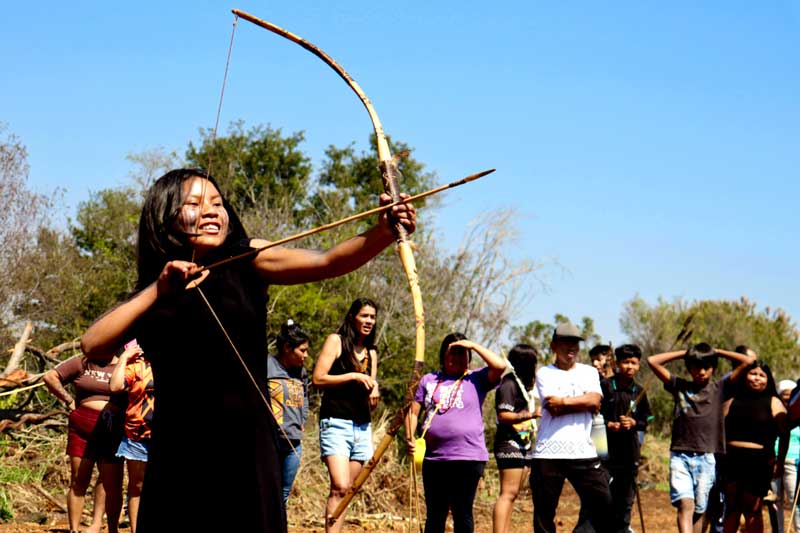The Alok Institute has partnered with Spiritual Leader and Chief Mapu Huni Kuin to revitalize and strengthen the Huwã Karu Yuxibu Center (near Rio Branco, Acre), supporting the preservation of the Huni Kuî indigenous community’s culture. The project is supported by GásLive and other partners.
This partnership enabled the construction of the Piti Kuin – Traditional Huni Kuin Cuisine Restaurant (kitchen and dining area), with Chief Mapu engaging additional partners to improve the landscape around these spaces and expand vegetable crops.
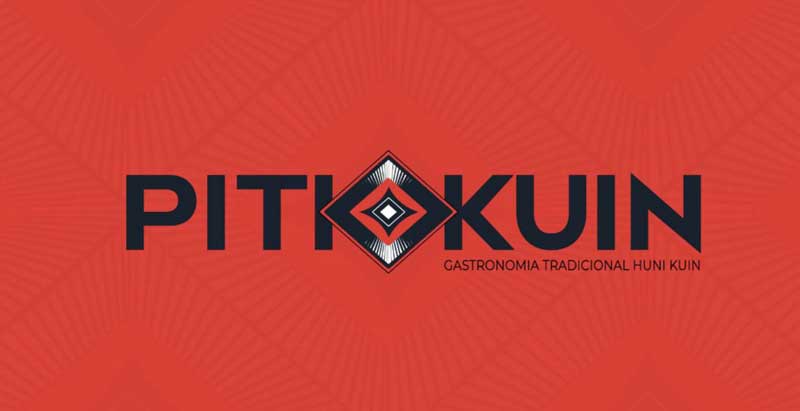
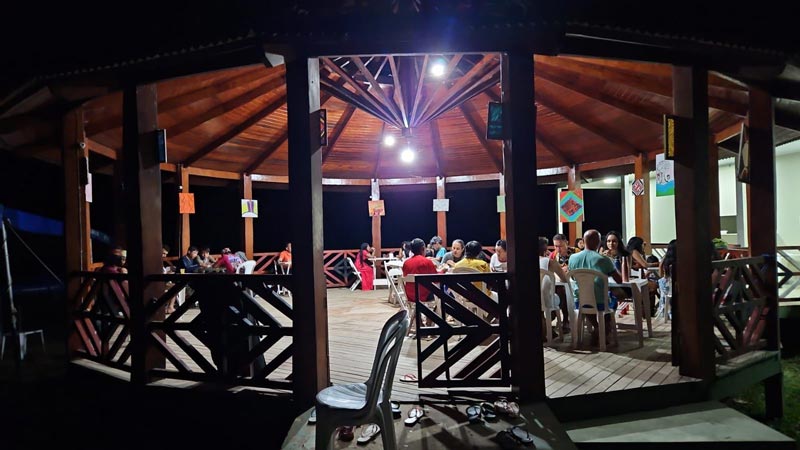
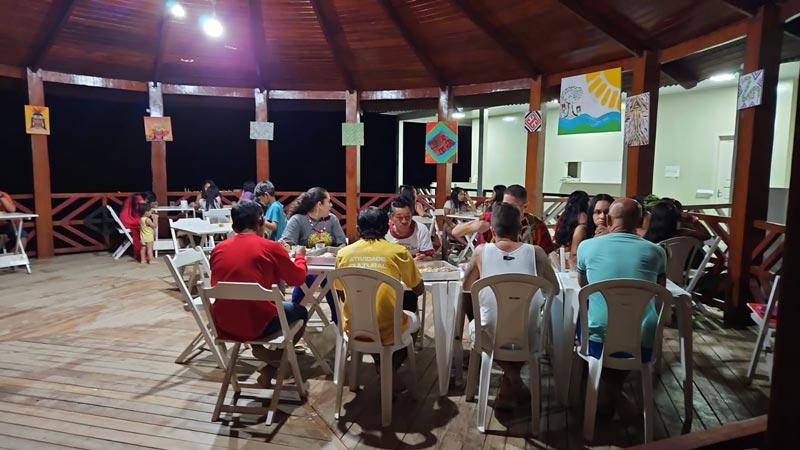
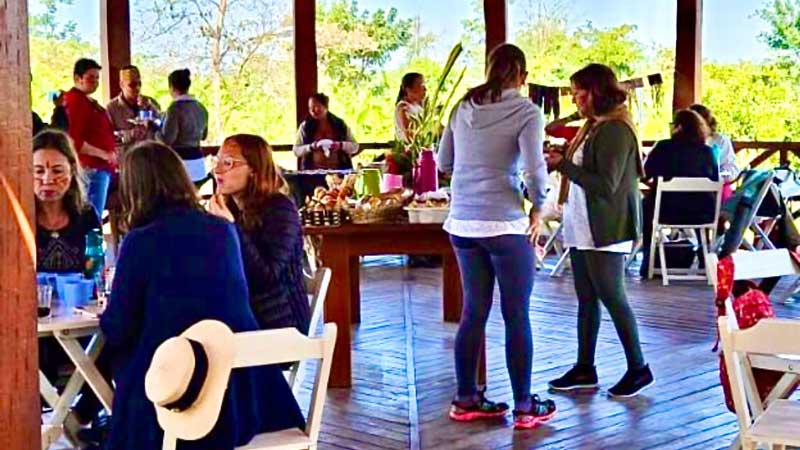
The pre-opening of the Campo da Fartura restaurant took place in March 2024. Photos: Campo da Fartura Archives
This setup, along with the existing Prayer House, establishes the essential infrastructure for advancing the center’s medicinal, cultural, gastronomic, tourism, and spiritual programs.
Additionally, with support from the social startup Água Camelo, Instituto Phi, and GásLive, a treated water system was installed, enabling the restaurant’s full operation and providing potable water to the entire community. Two high-capacity filtration systems were installed, connected to a pond water capture system powered by an electric pump.
The pre-opening of the Piti Kuin restaurant in Campo da Fartura took place in March 2024, with the official opening planned for December 2024.
The Huwã Karu Yuxibu Center aims to expand its capacity to serve approximately 240 indigenous people, including displaced youngsters and families who come to the city seeking education, employment, or medical care but often end up living in precarious conditions on the outskirts. Additionally, the center plans to continue forest restoration efforts after past fires impacted the area.
About the Huwã Karu Yuxibu Center:
The Huwã Karu Yuxibu Center was founded in August 2015 by the Chief and Spiritual Leader Mapu Huni KuÎ and the cultural producer Mirna Rosário, with the aim of strengthening the cultural identity of the Huni KuÎ people.
According to the Instituto Socioambiental (ISA) (Social and Environmental Institute), the Huni Kuî indigenous people, also known as the Kaxinawá, inhabit the Brazilian-Peruvian border in the western Amazon. In Brazil, they total more than 7,535 people and live in Acre and southern Amazonas, with villages in the Alto Juruá and Purus regions and in the Javari Valley.

